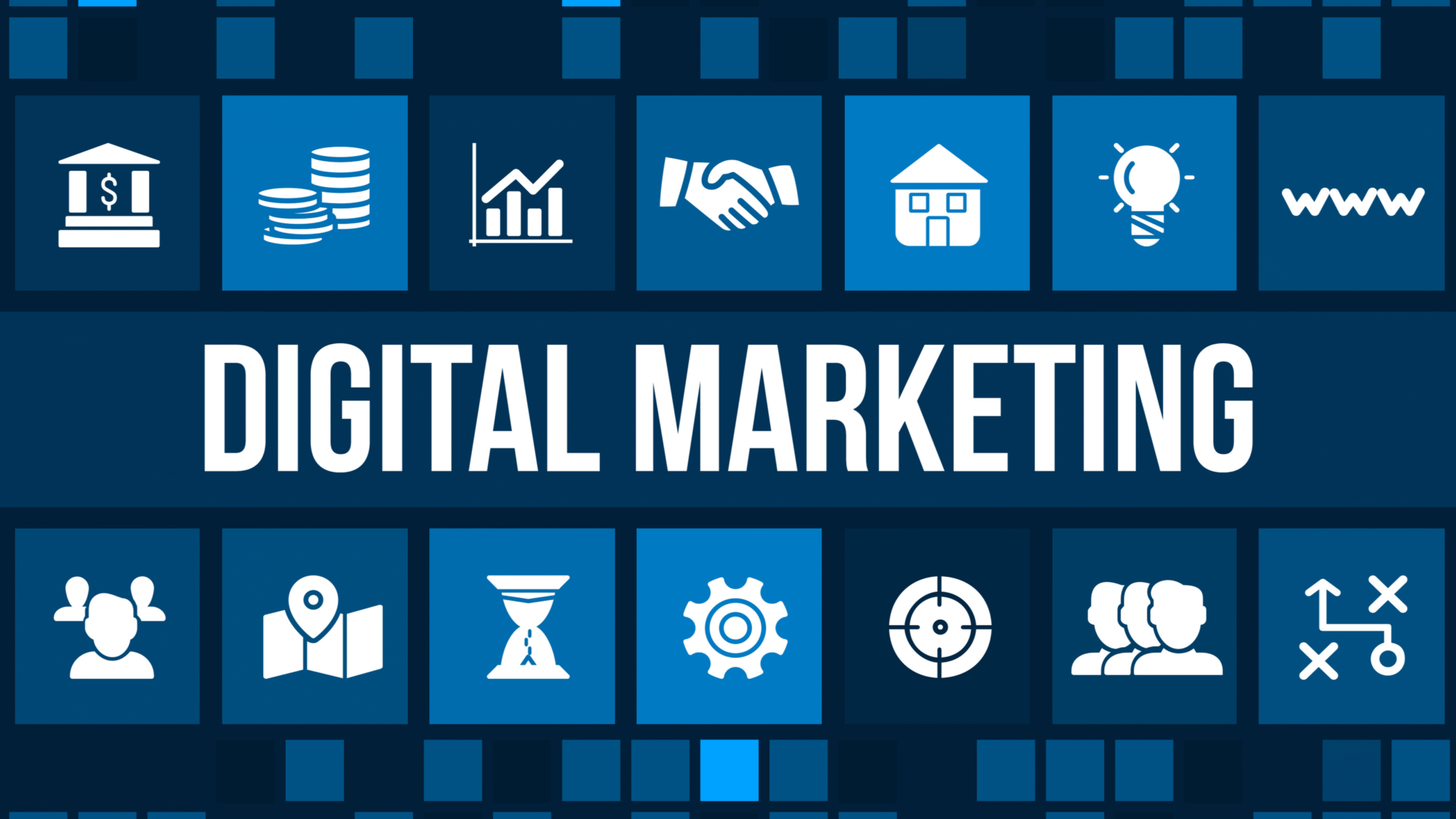Social Media Marketing Services: Elevate Your Brand in the Digital World
In today’s ever-evolving digital landscape, leveraging social media marketing services is vital for businesses striving to establish a strong online presence. With billions of active users across platforms like Facebook, Instagram, Twitter, LinkedIn, TikTok, and Pinterest, social media offers unparalleled opportunities to connect with target audiences, build brand loyalty, and boost sales. This comprehensive article explores the full scope of social media marketing services, their myriad benefits, detailed service offerings, and expert guidance on selecting the ideal agency to help your business thrive. What Are Social Media Marketing Services? Definition and Scope Social media marketing services encompass a broad range of strategies and activities aimed at promoting your business across various social networks, and these include developing compelling content, managing paid advertising campaigns, fostering community engagement, analyzing campaign performance, and continuously refining your marketing efforts. The goal is to build meaningful connections with your audience, enhance brand reputation, and convert followers into loyal customers. Why Social Media Marketing is Indispensable Social media has transformed how businesses and consumers interact. Beyond just advertising, it’s a powerful platform for storytelling, customer support, brand advocacy, and market research. The dynamic nature of social media means businesses must stay current with trends and platform algorithms to maintain visibility, a task that professional social media marketing services expertly manage. Key Benefits of Social Media Marketing Services Enhanced Brand Visibility and Awareness Professional social media marketing amplifies your brand’s voice while ensuring the right audience at the right time. Consistent, high-quality content combined with strategic ad placements helps your business stay top-of-mind among consumers. Improved Customer Engagement and Loyalty Social media marketing services facilitate two-way communication, enabling your brand to interact with customers through comments, messages, polls, live videos, etc., and this engagement builds trust and fosters a loyal community around your brand. Precision Targeting and Higher ROI Agencies utilize advanced targeting options, such as demographic data, user interests, behaviors, and retargeting to hone in on potential customers most likely to convert. This precision ensures your marketing budget achieves maximum efficiency and impact. Valuable Data-Driven Insights Social media marketing services provide detailed analytics reports on campaign performance, audience behavior, and engagement metrics. These insights empower businesses to make informed decisions and adapt strategies for continuous improvement. Time and Resource Optimization Outsourcing your social media efforts to professionals frees up your internal resources, allowing your team to concentrate on core operations while experts handle the nuances of social media campaigns. Comprehensive Social Media Marketing Services Offered I. Creative Content Development Agencies produce a mix of original, engaging content formats—photos, videos, stories, infographics, blogs—that resonate with your target audience. They tailor content to each platform’s unique style while meeting user expectations to maximize impact. II. Strategic Paid Advertising Management Running effective social media ads requires expertise in ad creation, budgeting, bidding, and optimization. Agencies manage your paid campaigns end-to-end to increase conversions, website traffic, and sales. III. Community Management and Customer Support Active management of comments, direct messages, and reviews helps build a positive online brand presence. Agencies can quickly address inquiries and feedback, boosting customer satisfaction and fostering loyalty. IV. Influencer Marketing Collaborations Working with influencers expands your reach by leveraging trusted voices within your niche. Agencies identify suitable influencers, manage partnerships, and monitor campaign effectiveness. V. Monitoring, Analytics, and Reporting Ongoing monitoring of campaign KPIs coupled with detailed performance reports keeps your marketing transparent and accountable. Agencies interpret the data and recommend adjustments to enhance results. VI. Social Media Strategy Development Successful social media marketing requires a clear, long-term strategy, and that’s why agencies design roadmaps that align with your business objectives, target audience, content calendar, and key performance indicators. How to Choose the Right Social Media Marketing Service Assess Industry Experience and Expertise Choose agencies with proven track records in your industry and familiarity with your target audience. Reviewing case studies and client testimonials can provide insight into their success and compatibility with your business. Prioritize Transparent Communication An agency that maintains open lines of communication, provides regular updates, and is willing to collaborate closely will ensure a smooth working relationship and aligned goals. Evaluating Pricing and Value Consider your budget, but focus on value delivered. High-quality agencies offer scalable packages, flexible billing, and clear contracts to suit businesses of all sizes without compromising results. Check Ethical and Compliance Practices Ensure the agency adheres to platform policies, respects user privacy, and uses white-hat marketing tactics to protect your brand reputation. Utilize Trial Campaigns or Pilot Projects Before making a long-term commitment, try launching a small-scale campaign or pilot project to assess the agency’s performance and approach. Conclusion To summarize, professional social media marketing services play a crucial role in expanding your brand’s reach, deepening customer engagement, and driving measurable growth. By partnering with a skilled agency, you leverage expert knowledge, creative storytelling, and data-driven strategies tailored to your unique business needs. To find trusted social media marketing solutions that deliver results, visit Blogrator Web Services. Frequently Asked Questions (FAQs) 1. What do social media marketing services typically include? This includes content creation, paid ad management, community engagement, influencer collaborations, and analytics reporting. 2. How do social media marketing services improve business results? They increase brand visibility, foster customer loyalty, target ideal audiences precisely, and optimize ad spending for better ROI. 3. Are these services affordable for small businesses? Yes, many agencies offer customizable packages to fit small business budgets without sacrificing quality. 4. How quickly can businesses expect to see results? Initial improvements may be visible within weeks, but sustained efforts lead to stronger, long-term growth and customer relationships.










